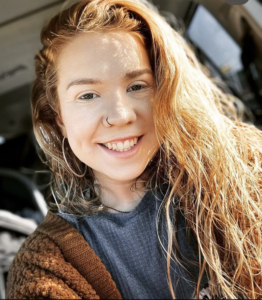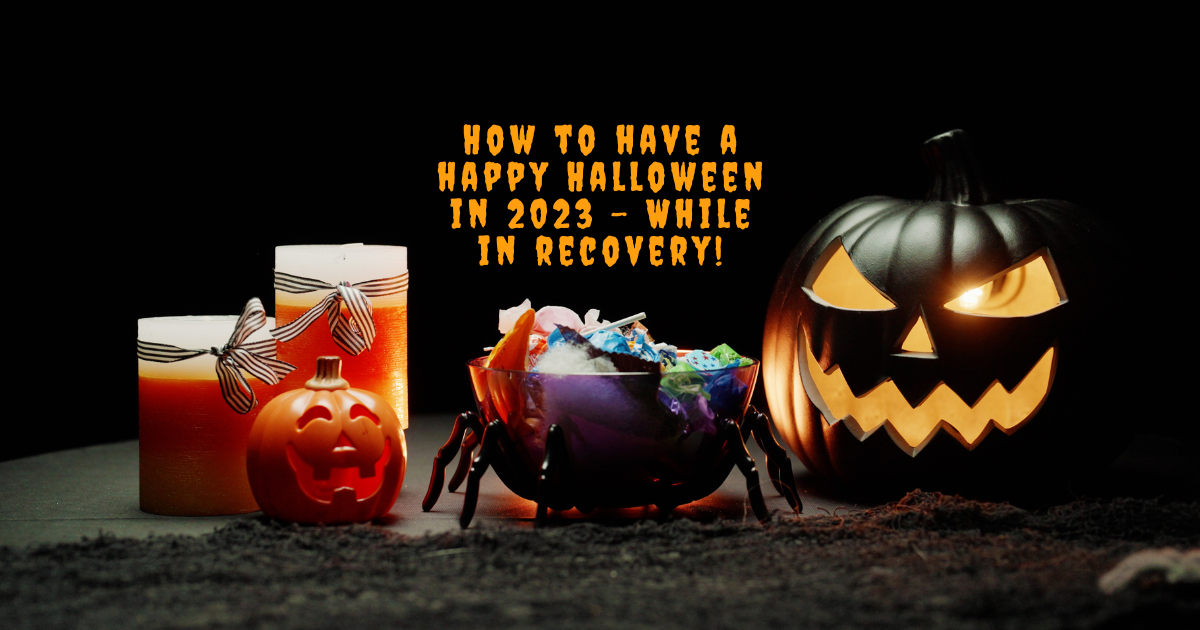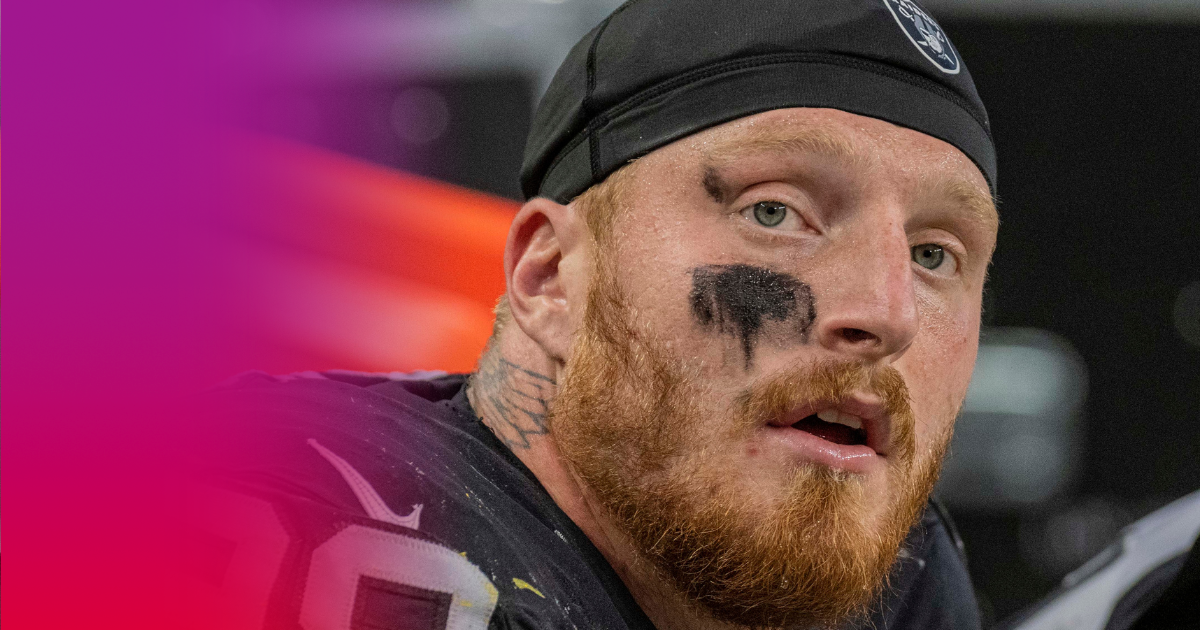Emily Palmer knows the opioid crisis intimately. Her experience with opioids took her into deep addiction and difficult recovery. She’s now been in control of her addiction for longer than ever, but it wasn’t easy to get there. Emily did the impossible and beat fentanyl, but the odyssey of recovery never truly ends.
“I couldn’t walk or talk for like five days. I lost 11 pounds from just laying there, sweating it out,” Emily told us. “I look back on it, and I’m grateful for it just because — if anybody’s ever been through that, they would understand — it was not easy.”
From Prescriptions to Illicit Use
Emily’s introduction to substance use disorder was the more common part of her story. Like many Americans ensnared in the opioid epidemic, she started with a prescription she was given while in the hospital — Percocet. This began a very dangerous and costly journey that threatened to take away everything.
Eventually of course, she no longer had prescription access to Percocet. The prescription creates a habit, but the prescription goes away. Emily had developed cravings, though. Her body wanted to sustain the habit, so she searched for a way to sustain it via illicit drugs. That led her to Roxicodone.
Roxicodone is just one of several brands of Oxycodone like OxyContin or Endone. Those pills turned out to be laced with fentanyl, which she learned long after the fact. The odds of her survival were low, especially as she continually increased her intake.
“I was doing about a quarter of those a day, and that turned into like 10 a day,” Emily said.
Authorities and harm reduction experts say the key to surviving fentanyl encounters is knowing that the fentanyl’s there. That awareness affords people the opportunity to adjust their dosage and thereby avoid overdose. That’s the point of programs that distribute fentanyl test strips.
Addiction Treatment Isn’t a Panacea
 “I went to Bradford in Madison, Alabama, and I stayed there for 28 days,” Emily explained next.
“I went to Bradford in Madison, Alabama, and I stayed there for 28 days,” Emily explained next.
At Bradford Health Services, Emily was able to complete a residential program and transition into an intensive outpatient program. In the latter, she was treated with suboxone to help her stay off opioids.
“Suboxone was not for me at all. I ended up relapsing like four months probably later,” Emily said. “When you don’t have suboxone, it’s like withdrawing from opioids. I mean, it’s an easy way out to just do an opioid to get it over with.”
That set her back. Instead of Oxycodone, though, she eventually switched to powdered fentanyl. This is usually the form of fentanyl used to lace or cut heroin, cocaine or methamphetamine according to the Centers for Disease Control and Prevention.
Beating the Fentanyl Odds
Emily’s relapse was even more dangerous than her use prior to starting recovery. Her tolerance level was higher, which correlates with greater likelihood of fatal overdose. This can be due to tolerance fluctuations from irregularities in use or consistently increasing dosage until overestimating one’s own fortitude.
“It got to the point where I was doing way more than anybody could ever imagine somebody’d be able to [do and] be alive honestly,” Emily said.
Nevertheless, Emily continued to dodge fate, albeit at great expense. Her sister ended up calling the police on her, which led to Emily having her children taken away. Emily’s sister took temporary legal custody of the kids.
The day of the custody hearing, Emily checked into Landmark Recovery of Knoxville. She remained in Landmark’s inpatient treatment program for about 40 days. As of the publishing of this article, Emily’s been in recovery for five months and over a week.
The X-Factor This Time
For Emily, the difference maker was her kids. Fighting to get her children back made her more resilient the second go-round than the first. It made her do intensive outpatient treatment too, which she swears by now.
“I think my biggest thing was my kids,” Emily said. “It was just a big steamed wake-up. … I did [intensive outpatient treatment] for [the Department of Child Services]; I wouldn’t have done it without it.”
She also recommends having someone to hold you accountable for drug screens, perhaps like her “badass dad.” It’s also imperative from Emily’s perspective that you surround yourself with supportive people. You need help, and any friends who use will only sabotage you, even if not on purpose.
If you’re ready to take that step, visit Landmark Recovery of Knoxville or call 865.448.5174.

Choose Recovery Over Addiction
We're here 24/7 to help you get the care you need to live life on your terms, without drugs or alcohol. Talk to our recovery specialists today and learn about our integrated treatment programs.




